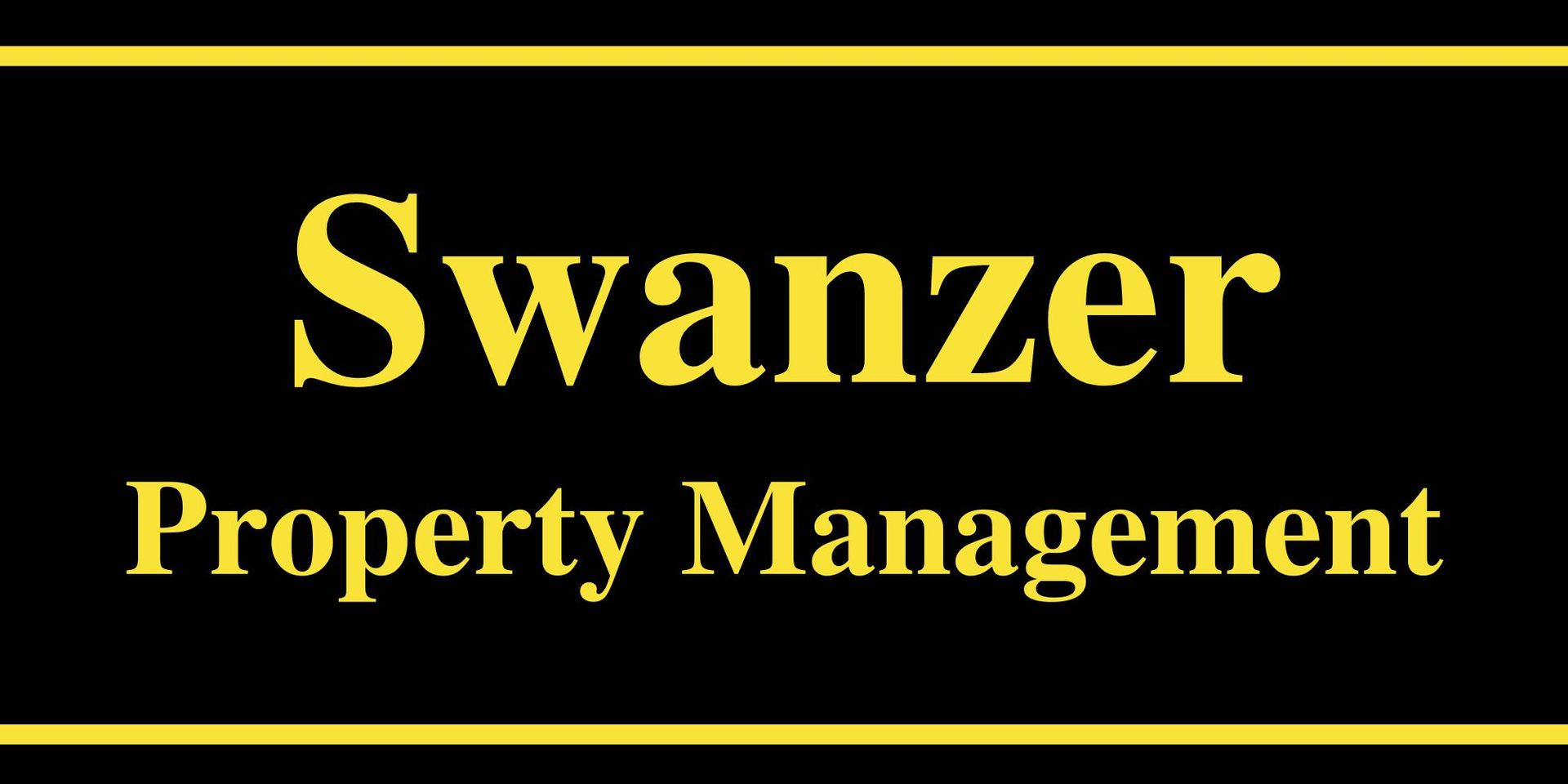Maximizing Profits for Property Management
Top Strategies for Successful Rental Property Management
Owning a rental property can be a lucrative investment, but maximizing your profits requires skill, dedication, and savvy property management. Whether you've just purchased your first rental property or you're looking to optimize your current portfolio, here are the top strategies to ensure successful rental property management and enhance your overall return on investment.
1. Understand Your Market
Before you dive into strategies, take time to understand your local real estate market. Research average rent prices, vacancy rates, and the demographics of potential renters. This information will help you set the right rent price and market your property effectively.
2. Set the Right Rent Price
Price is a major factor in tenant decisions. Set it too high, and you may struggle to find tenants; set it too low, and you'll leave money on the table. Look at comparable listings in your area and consider the unique features of your property to determine a competitive and profitable rent price.
3. Screen Tenants Thoroughly
High-quality tenants are critical for consistent rental income. Conduct thorough background checks that include credit, employment, rental history, and criminal records. Reliable tenants reduce turnover costs and maintain your property better.
4. Strategic Property Upgrades
Invest in upgrades that will provide the best return on investment. Focus on renovations that tenants desire, such as updated kitchens and bathrooms, energy-efficient appliances, and modern fixtures. These improvements can justify higher rent prices and attract tenants more quickly.
5. Implement Efficient Rent Collection
Ensure your rent collection process is as efficient as possible. Consider using online platforms that make it easy for tenants to pay rent and for you to track payments. Prompt and reliable rent collection is vital for maintaining cash flow.
6. Cultivate Tenant Relationships
Happy tenants are more likely to renew their leases, reducing vacancy rates and turnover costs. Address maintenance issues promptly and maintain open lines of communication. Building a positive landlord-tenant relationship can lead to long-term stability for your rental property.
7. Regular Property Maintenance
Proactively manage property maintenance to prevent minor issues from becoming costly repairs. Schedule regular inspections and quickly address repair requests. A well-maintained property also retains its value and desirability in the market.
8. Stay Legally Compliant
Keeping up with local, state, and federal regulations is essential to avoid legal issues. Ensure your rental agreements, eviction procedures, and property standards comply with the latest laws.
9. Utilize Technology
Leverage property management software to streamline operations, from tenant screening to maintenance requests. Embracing technology can save time and reduce errors in managing your property.
10. Outsource When Necessary
If certain aspects of property management are not your strengths or too time-consuming, consider hiring a property management company or outsourcing tasks like accounting or maintenance. This allows you to focus on strategic aspects of your investment.
Maximizing profits in rental property management involves understanding your market, setting competitive rent prices, thoroughly screening tenants, and making strategic property upgrades. Efficient rent collection processes and strong tenant relationships contribute to consistent cash flow and reduced turnover. Regular maintenance keeps properties in top condition and helps retain value. Compliance with legal regulations is non-negotiable to avoid legal pitfalls. Embracing technology streamlines management tasks and can enhance overall efficiency. When necessary, outsourcing to professionals or property management companies can free up time to concentrate on investment strategies and growth. By adhering to these strategies, property owners can optimize their rental investments and achieve financial success.



